6, December 2019
US: Joe Biden slams Trump after he was mocked by NATO leaders 0
US Democratic presidential candidate Joe Biden has sought to take advantage of President Donald Trump’s cold reception at a NATO summit in Britain, as footage emerged of other leaders mocking the US president.
In an online election ad released Thursday, Biden said portrayed himself as someone who is highly experienced in foreign affairs and can restore America’s global standing.
Biden, 77, blasted Trump as a “dangerously incompetent” and “incapable” head of state.
“The world sees Trump for what he is; insincere, ill-informed, [and] corrupt,” he says in the video. “And if we give Donald Trump four more years, we’ll have a great deal of difficulty of ever being able to recover America’s standing in the world.”
His online ad features a video of other world leaders mocking Trump at a Buckingham Palace reception held alongside the NATO summit this week.
Biden has touched on Trump’s belligerent style on the world stage repeatedly this week as he travels across the state of Iowa. With his six terms as a senator and two terms as vice president, Biden believes the international experience is a winner for him in the upcoming presidential election.
In an interview with the Associated Press on Thursday, Biden said he not only has a better demeanor and skill set for the job than Trump, but he also has more relevant experience, deeper knowledge and more extensive relationships abroad than his Democratic competitors.
During this week’s NATO summit to mark the 70th anniversary of the military alliance, Trump branded the leader of America’s northern neighbor “two-faced” after Canadian Prime Minister Justin Trudeau appeared to gossip about Trump in comments caught on camera and microphone.
Trudeau was seen standing in a huddle with French President Emmanuel Macron, British Prime Minister Boris Johnson, Dutch Prime Minister Mark Rutte and Britain’s Princess Anne, daughter of Queen Elizabeth II at Tuesday evening’s Buckingham Palace reception for NATO leaders.
Trudeau could be heard saying incredulously, “he takes a 40-minute press conference off the top.” Trudeau confirmed that was a reference to Trump’s long and unscheduled press conference earlier Tuesday.
Trudeau also said: “You just watched his team’s jaws drop to the floor.” He explained Wednesday that was in reference to Trump’s decision to hold the next Group of Seven meeting at Camp David, the US presidential retreat.
Source: Presstv

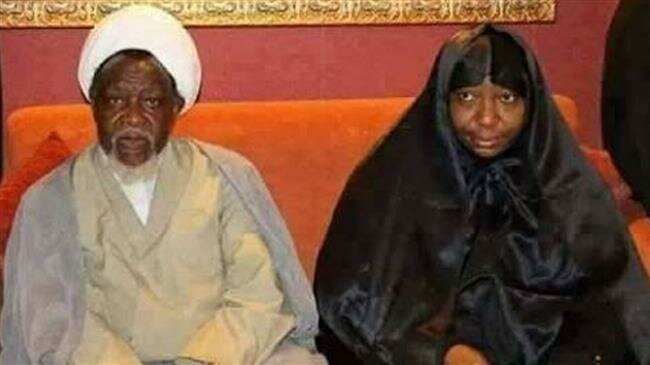


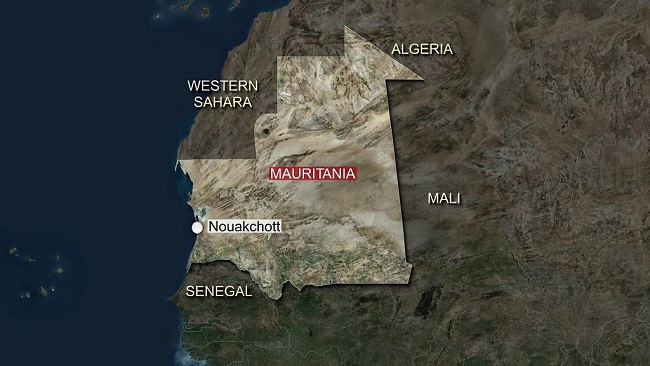
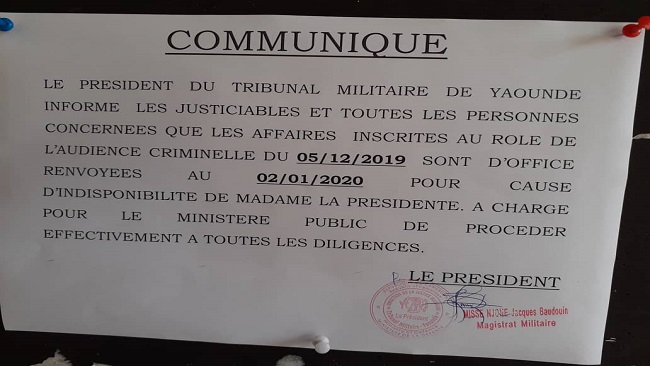
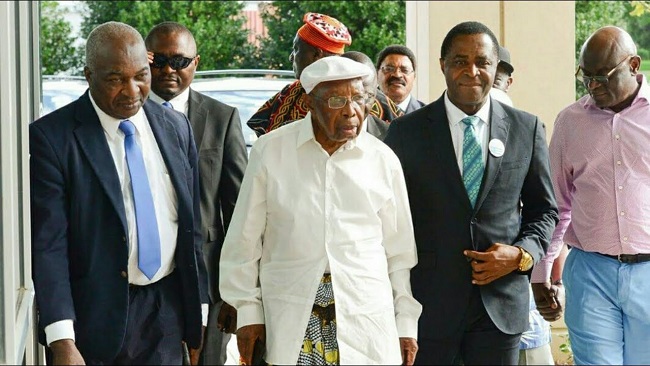
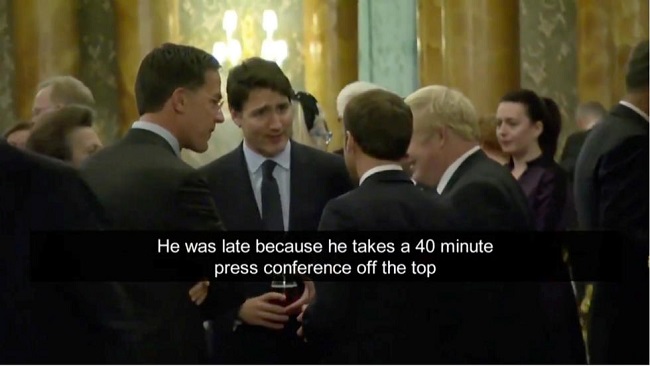



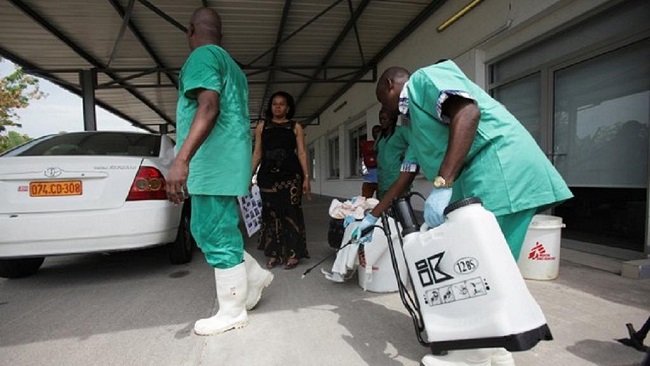













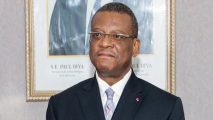



6, December 2019
Southern Cameroons Crisis: Biya regime withdraws contested language law 0
Cameroon has withdrawn a controversial bill that sought to promote the use of French and English languages in official corridors.
The withdrawal just before Parliament adopted came after lawyers protested on the streets that the legislation could lead to more French-speaking judges being assigned to courts in the English-speaking North West and South West of the country.
Cameroon is deeply divided with the Anglophone region agitating for secession into a republic of Ambazonia on the grounds that political leadership and allocation of resources is skewed in favour of the Francophone parts of the country.
The agitation started in 2017 spawning a crisis that has to date left 3,000 people dead, displaced half a million internally and forced 40,000 others into refuge in Nigeria
President Paul Biya called a Major National Dialogue in October to seek solutions to the crisis but the talks were undermined by absence of rebel leaders and claims that government officials handpicked delegates.
Nevertheless, President Biya also extended a gesture of reconciliation through release of more than 330 people held over political charges including opposition leader Maurice Kamto.
The international community saw this as a promising foundation and have been urging for more talks over the crisis with the AU, the Commonwealth and La Francophone political groupings the latest to offer support.
The sticking point in the Bilingual Bill—which is part of a programme of cultural integration—provided for use of either English or French in ordinary and special courts during proceedings as well as rulings.
The use of either rather than both is the sticking point.
“If the bill is adopted, where is the guarantee that the French majority will use English in French speaking towns like Dschang, Yagoua and Monatele with relative ease just as officials have been doing in West Cameroon?,” posed Barrister Oliver Ngwang Shey.
“Yaounde does not have the zeal to foster or maintain the Anglophone culture as a minority,” said Shey, a member of the Cameroon Bar Association.
A lawyers’ strike in 2016 over what they termed an erosion of the common law practice degenerated into violence that metamorphosed into an armed conflict when separatists joined in and declared the creation of an independent state of Ambazonia in 2017..
The UN says the conflict has created a fast-growing humanitarian emergency now affecting nearly two million people, a “15-fold increase since 2017.”
In a rare public comment on the issue last month, President Paul Biya told a Mo Ibrahim-moderated panel discussion on the sidelines of the second Paris Peace Forum that the root cause of the problem was the country’s background of having been governed by Germany, Great Britain and France.
“My country was divided with the juxtaposition of cultures and civilizations. We have had conflicts that are being resolved at the moment to give the part that was under British colonization a special status,” President Biya said.
The Bilingual Bill appears to have been part of efforts to give the two languages am equal footing, a task complicated by the different cultures, education and judicial systems in the two regions.
Biya said the special status would recognise the needs of the Anglophone zone as part Cameroon’s territory. He said the government had considered integrating English speakers into the majority francophone system but shelved the idea.
“I believe that countries are now concerned about affirming their identity today,” President Biya said in justification for the special status. However, the regions want complete autonomy in a federal state with a rotational presidency which the government has ruled out.
Source: The East African